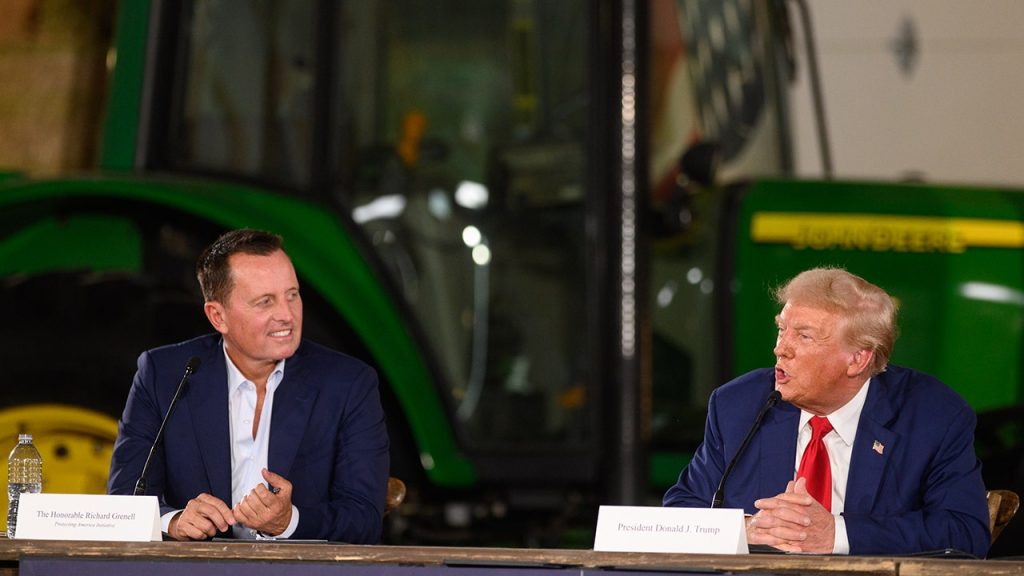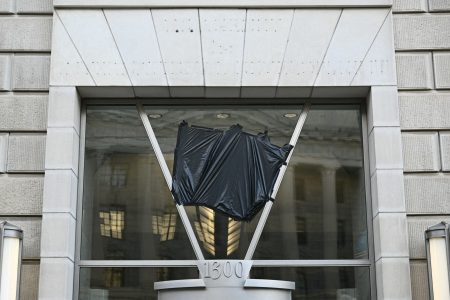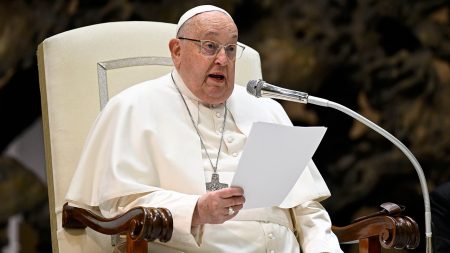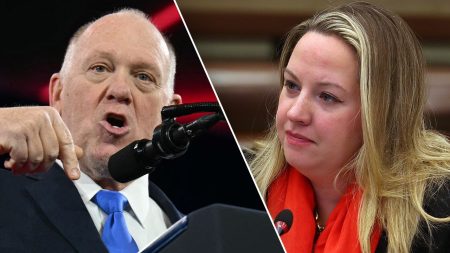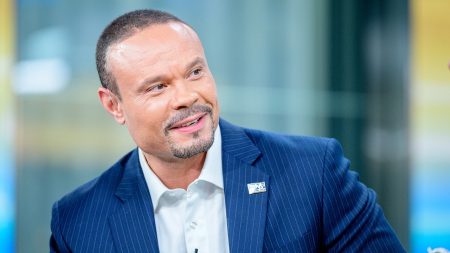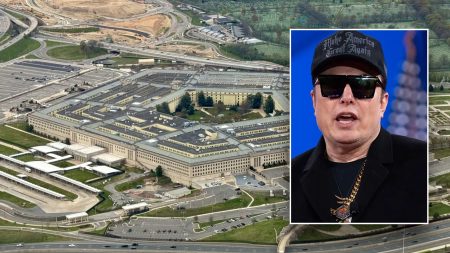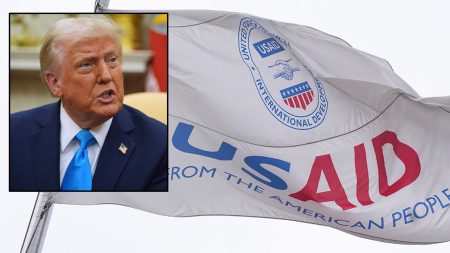Richard Grenell, a prominent figure in the Trump administration and a staunch supporter of the former president, has found himself once again in the spotlight, amidst speculations about a potential role in a prospective second Trump term. A recent Reuters report suggested that Grenell was being considered for the position of special envoy for Iran, a crucial diplomatic role responsible for shaping and executing US policy towards the complex and often volatile nation. The report, citing anonymous sources familiar with the transition plans, indicated that Grenell was “definitely in the running” for the position. This sparked immediate reactions, particularly from Trump himself, who praised Grenell on social media, referring to him as a “fabulous person” and “A STAR”, further fueling speculation about Grenell’s future involvement in a Trump administration.
Grenell, however, swiftly denied the report, categorically labeling it as “made up” on his social media platform. He expressed his hope for journalistic integrity at Reuters and questioned the veracity of the information presented. This public denial, while seemingly putting the rumors to rest, didn’t entirely quell the speculation, given Trump’s effusive praise and the previous instances where Grenell’s name had been floated for other significant positions. This latest episode underscores the fluid nature of political appointments, particularly within the Trump circle, where loyalty and past performance often play a significant role in selection considerations.
The potential appointment of a special envoy for Iran carries significant weight, given the long and fraught history between the United States and Iran. The envoy would be tasked with navigating the intricate web of diplomatic relations, sanctions, nuclear agreements, and regional conflicts that define the US-Iran dynamic. The envoy would be responsible for developing and implementing State Department policy toward Iran, reporting directly to the Secretary of State, should the Senate confirm Marco Rubio’s nomination. The role demands a deep understanding of the geopolitical landscape, strong diplomatic skills, and the ability to navigate complex negotiations.
Grenell’s background and experience make him a potentially compelling candidate for such a role. He served as the US Ambassador to Germany during the Trump administration, a position that required him to navigate delicate diplomatic issues within a crucial European ally. He also briefly served as the Acting Director of National Intelligence, gaining experience in the intelligence community and national security matters. These experiences, coupled with his close relationship with Trump, position him as a potential player in a future Trump administration.
This isn’t the first time Grenell’s name has surfaced for a high-profile position in a potential second Trump term. He was previously rumored to be under consideration for Secretary of State, a position ultimately filled by Marco Rubio, and also for the role of special envoy for the Russia-Ukraine conflict, a position that went to retired Lt. Gen. Keith Kellogg. While these earlier speculations did not materialize into concrete appointments, they highlight Grenell’s continued presence within Trump’s inner circle and the ongoing speculation about his future role.
The evolving situation surrounding Grenell’s potential involvement in a future Trump administration reflects the ongoing process of forming a cabinet and filling key positions. While Grenell has publicly denied the specific report regarding the Iran envoy role, the public endorsement from Trump and Grenell’s past experience maintain the possibility of a future appointment. The dynamics of this situation, the public denials, and the continued speculation underscore the complexities and often unpredictable nature of political appointments, particularly within the context of a returning administration. Only time will tell whether Grenell will take on a formal role in a second Trump term and, if so, what specific responsibilities he will shoulder.




